Hamid Dabashi has written over 25 books, edited 4, and contributed chapters to many more. An internationally renowned cultural critic and award-winning author, his books and articles have been translated into numerous languages, including Japanese, German, French, Spanish, Italian, Russian, Hebrew, Danish, Arabic, Korean, Persian, Portuguese, Polish, Turkish, Urdu and Catalan. A selected sample of his writing is co-edited by Andrew Davison and Himadeep Muppidi, The World is my Home: A Hamid Dabashi Reader (Routledge, 2010).
Among his best-known books are his Authority in Islam; Theology of Discontent; Truth and Narrative; Close Up: Iranian Cinema, Past, Present, Future; Staging a Revolution: The Art of Persuasion in the Islamic Republic of Iran; Masters and Masterpieces of Iranian Cinema; Iran: A People Interrupted; Shi’ism: A Religion of Protest, and an edited volume, Dreams of a Nation: On Palestinian Cinema.
His books have been widely received and critically acclaimed, including the Association of American Publishers Award for Best Book in Philosophy and Religion for his Authority in Islam, as well as the Columbia’s landmark Lionel Trilling Award for his Truth and Narrative, and the Marginal Revolution Book of the Year 2011 for his Shi’ism: A Religion of Protest.
His Most recent work includes Shi’ism: A Religion of Protest (Harvard, 2011), The Arab Spring: The End of Postcolonialism (Zed, 2012), Corpus Anarchicum: Political Protest, Suicidal Violence, and the Making of the Posthuman Body (Palgrave 2012), The World of Persian Literary Humanism (Harvard University Press, 2012), Being A Muslim in the World (Palgrave 2013), Can Non-Europeans Think? (Zed, 2015), The Shahnameh: The Persian Epic as World Literature (Columbia University Press (2019), and Reversing the Colonial Gaze: Persian Travelers Abroad (Cambridge University Press, 2020).
Examines the continuity between a people’s ancient mythologies and their contemporary aesthetic tastes Offers a provocative retrieval of the ancient Iranian myth of creation to enable a fresh new way of looking at contemporary art and culture Critically reflects on how cultural continuities and civilizational endurance defy, overcome and correct the course of history and…
The rise of Iranian cinema to world prominence over the last few decades is one of the most fascinating cultural stories of our time. There is scarcely an international film festival anywhere that does not honor the aesthetic and political explorations of Iranian artists. Masters & Masterpieces of Iranian Cinema celebrates this remarkable emergence. It…
Hamid Dabashi was born and raised in southern Iran in the 1950s and 1960s. During this time, his homeland was changed beyond recognition, from the 1953 coup d'état to the 1963 political protests and the beginning of the Marxist rebellions against the Shah in 1971. In this vibrant, unique and personal study, Dabashi recounts his…
With its title borrowed from Machiavelli, The Persian Prince goes far beyond Machiavelli's wildest imagination as to how to rule the world. Hamid Dabashi articulates a bold new idea of the Persian Prince—a metaphor of political authority, a figurative ideal deeply rooted in the collective memories of multiple nations, and a literary construct that connected…
Dismantling the myths that divide Islam and the West, this cutting-edge work of critical thinking proposes new ways to reread Islamic and world histories. Extending from the front-page news coverage of our daily lives back into the deepest and most revelatory histories of the last two hundred years and earlier, Hamid Dabashi's The End of Two…
An intimate intellectual, political and personal portrait of Edward Said, one of the 20th centuries' leading public intellectuals. Edward Said (1935-2003) was a towering figure in post-colonial studies and the struggle for justice in his native Palestine, best known for his critique of orientalism in western portrayals of the Middle East. As a public intellectual,…
Official Page on Edinburgh University press https://edinburghuniversitypress.com/book-the-last-muslim-intellectual.html The first comprehensive social and intellectual biography of Jalal Al-e AhmadThis book explores the life and legacy of Jalal Al-e Ahmad (1923–69) – arguably the most prominent Iranian public intellectual of his time – and contends that he was the last Muslim intellectual to have articulated a vision…
The invention of the nation-state was the crowning achievement of the Sykes–Picot Agreement between the United Kingdom and France in 1916. As a geostrategic move to divide, defeat, and dismantle the Ottoman Empire during World War I, it was a great success and the modern colonial borders of the Arab nation-states eventually emerged in the…
Europe has long imagined itself as the center of the universe, although its precise geographical, cultural and social terrains have always been amorphous. Exploring the fear and fascination associated with the continent as an allegory, Hamid Dabashi considers Europe to be a historically formed barricade against the world. Frantz Fanon’s assessment that 'Europe is literally…
Exploring the furthest reaches of the globe, Persian travelers from Iran and India travelled across Russian and Ottoman territories, to Asia, Africa, North and South America, Europe and beyond. Remapping the world through their travelogues, Reversing the Colonial Gaze offers a comprehensive and transformative analysis of the journeys of over a dozen of these nineteenth-century…

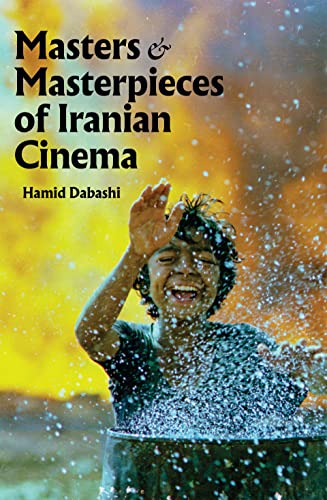
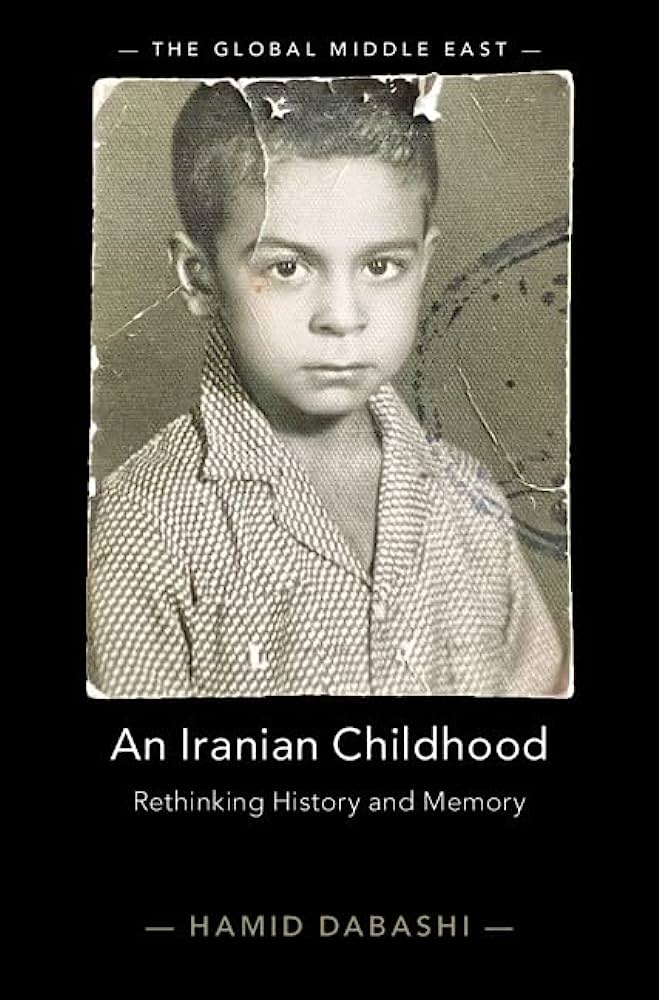
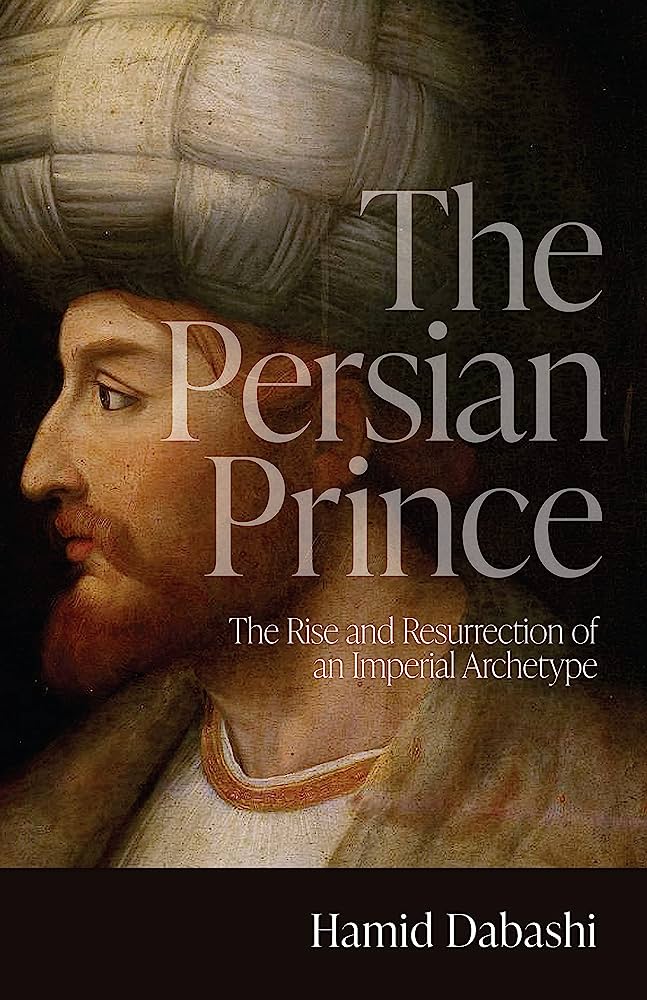
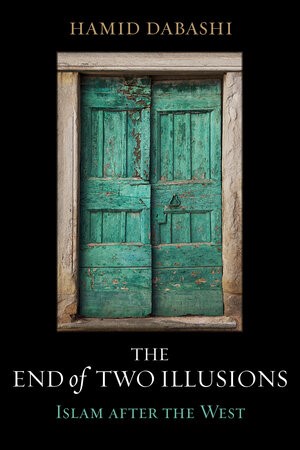
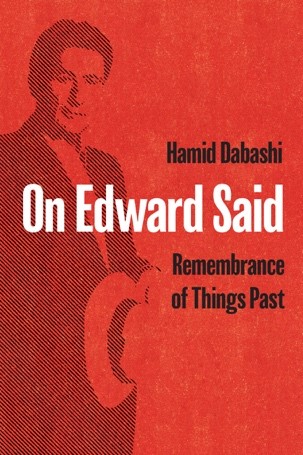
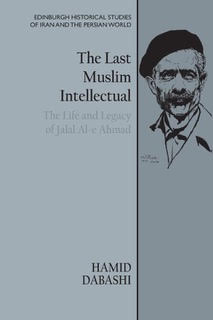
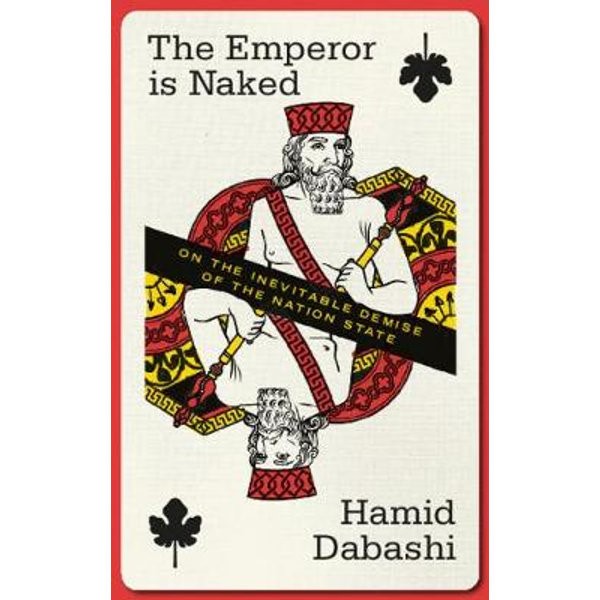
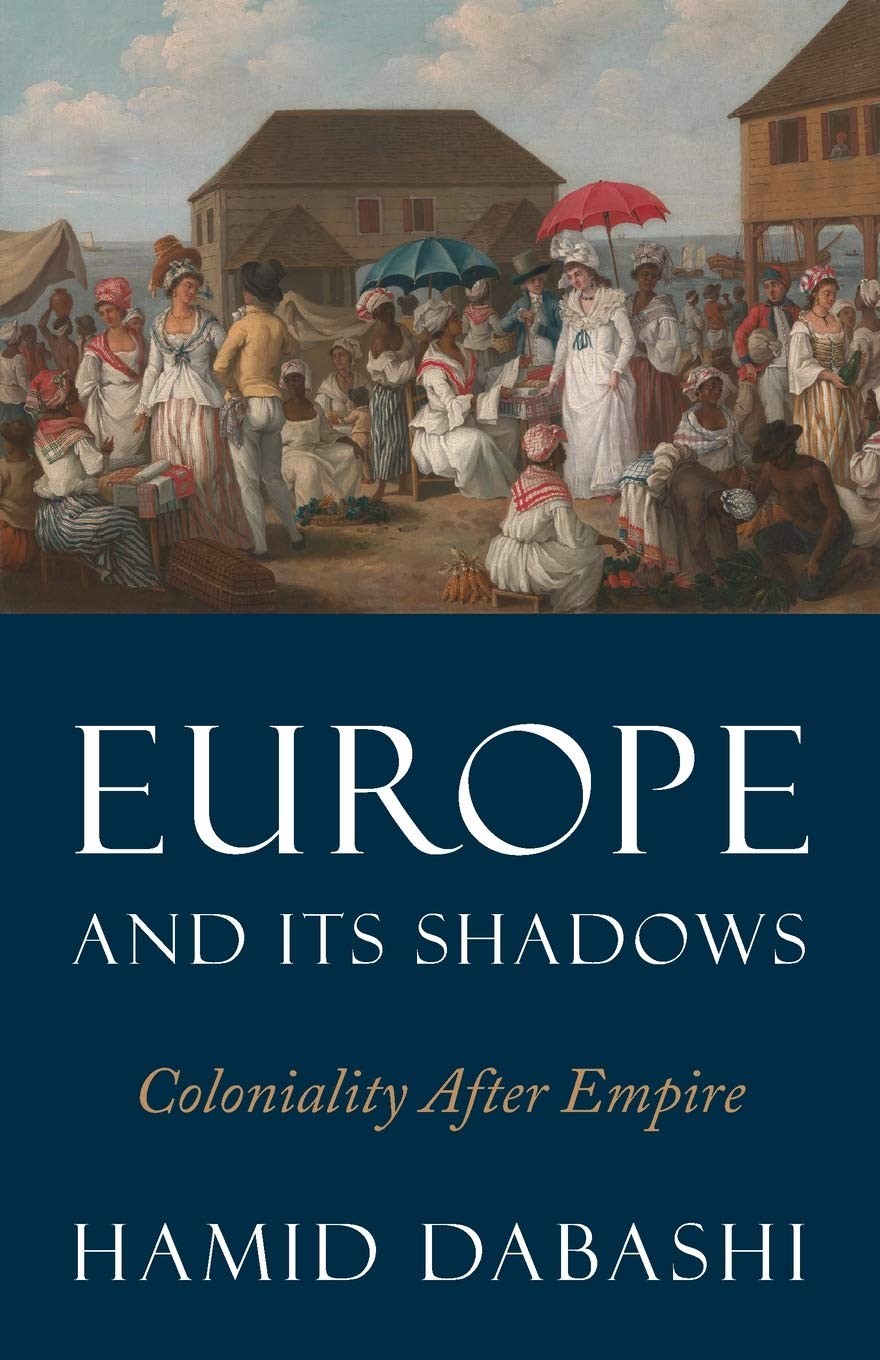
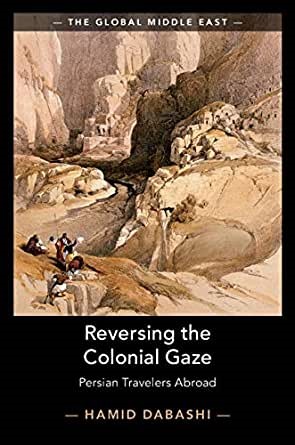

 Columbia University
Columbia University Aljazeera
Aljazeera Middle East Eye
Middle East Eye Springer Palgrave
Springer Palgrave